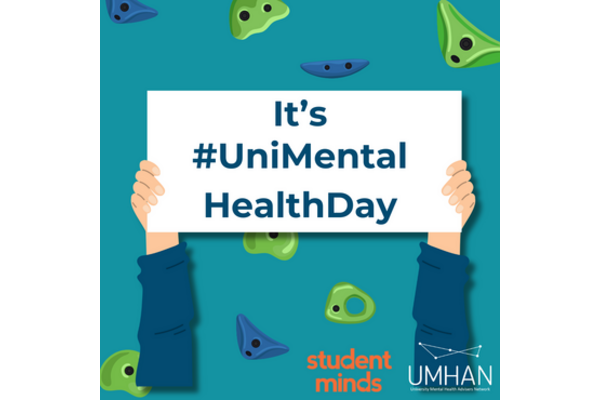The increase in student numbers declaring mental health problems is a more accurate reflection of the extent of mental health problems in the general population at around 1 in 4 (Mind).
This means universities are now more aware of their students' needs and how to aid their retention and progression in their studies. Around 1.1% of students disclose a mental health difficulty (Equality Challenge Unit, 2014).
These adjustments should mean fewer potential negative consequences of having a psychiatric disability, such as fewer drop-out rates, less financial burden as a consequence of having a disability, and assessment methods that assess the knowledge and skills of students with mental health problems rather than the effects of mental health problems on performance in specific contexts.
For a student with mental ill health it is not optional as to whether adjustments are considered or not. It is a requirement by law of the Equality Act 2010.
For a student with mental ill health it is not optional as to whether adjustments are considered or not. It is a requirement by law of the Equality Act 2010, which aims to improve the access to goods and services including education.
Where a need is identified, it is the responsibility of the institution to justify why an adjustment cannot be made.
Adjustments relating to exams, such as extra time, may benefit a student who is, for example, struggling with memory and concentration due to clinical depression. However there are a range of reasonable adjustments that may be appropriate within higher education. UMHAN's Exams Policy Position highlights these.
Where a need is identified, it is the responsibility of the institution to justify why an adjustment cannot be made.
It is important to note that universities may make interim arrangements for students who experience adverse life events such as sexual violence or bereavement, again the primary focus being the wellbeing of the student and their educational progression.
Exactly what adjustments are considered depends on an assessment of the person's needs and strengths. Mental Health Advisers assess what adjustments will be proportionate and effective for the student’s individual need, and work with academic departments to ensure specific learning outcomes that the course is aiming to assess will be met. Though GPs and medical professionals may be sought to suggest adjustments it may be that this is not their area of expertise.
Mental Health Advisers assess what adjustments will be proportionate and effective for the student's individual need.
Making adjustments is the University's responsibility, and it will be important to have a combined expertise in mental health difficulties, creative learning methods, and the learning outcomes of the course, not least because some adjustments can in fact be more harmful or not meet learning objectives.
Dan Doran, UMHAN Chair
Lisa Brooks-Lewis, Committee Member









